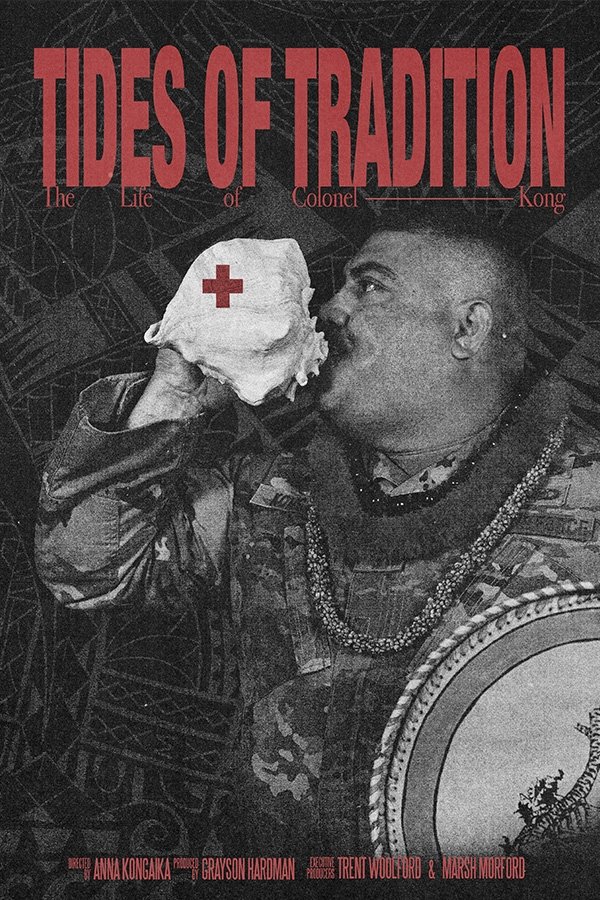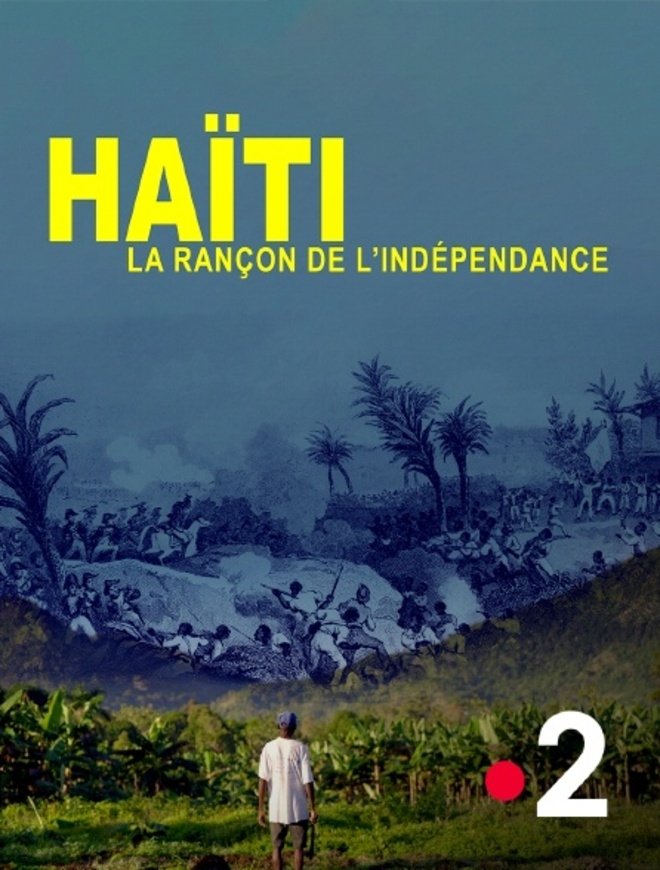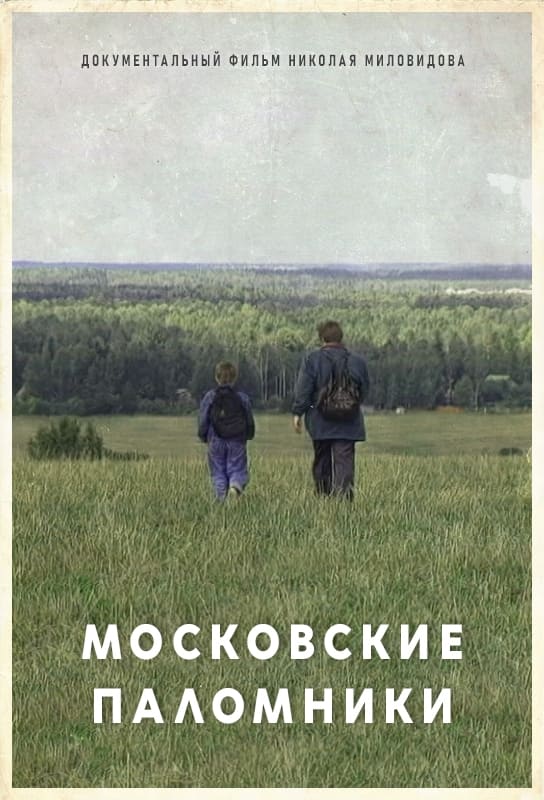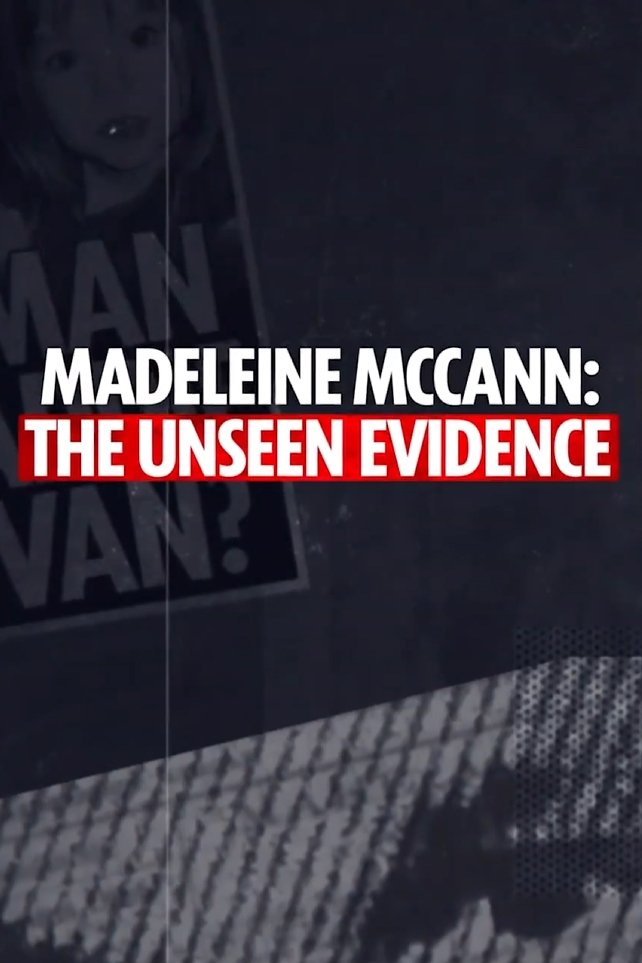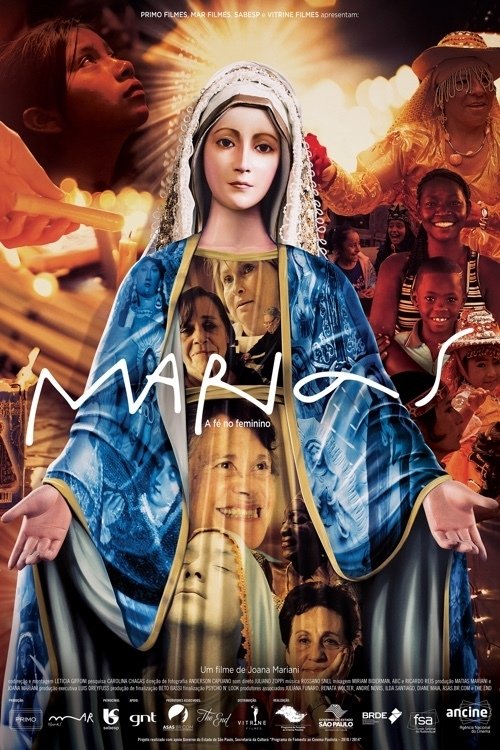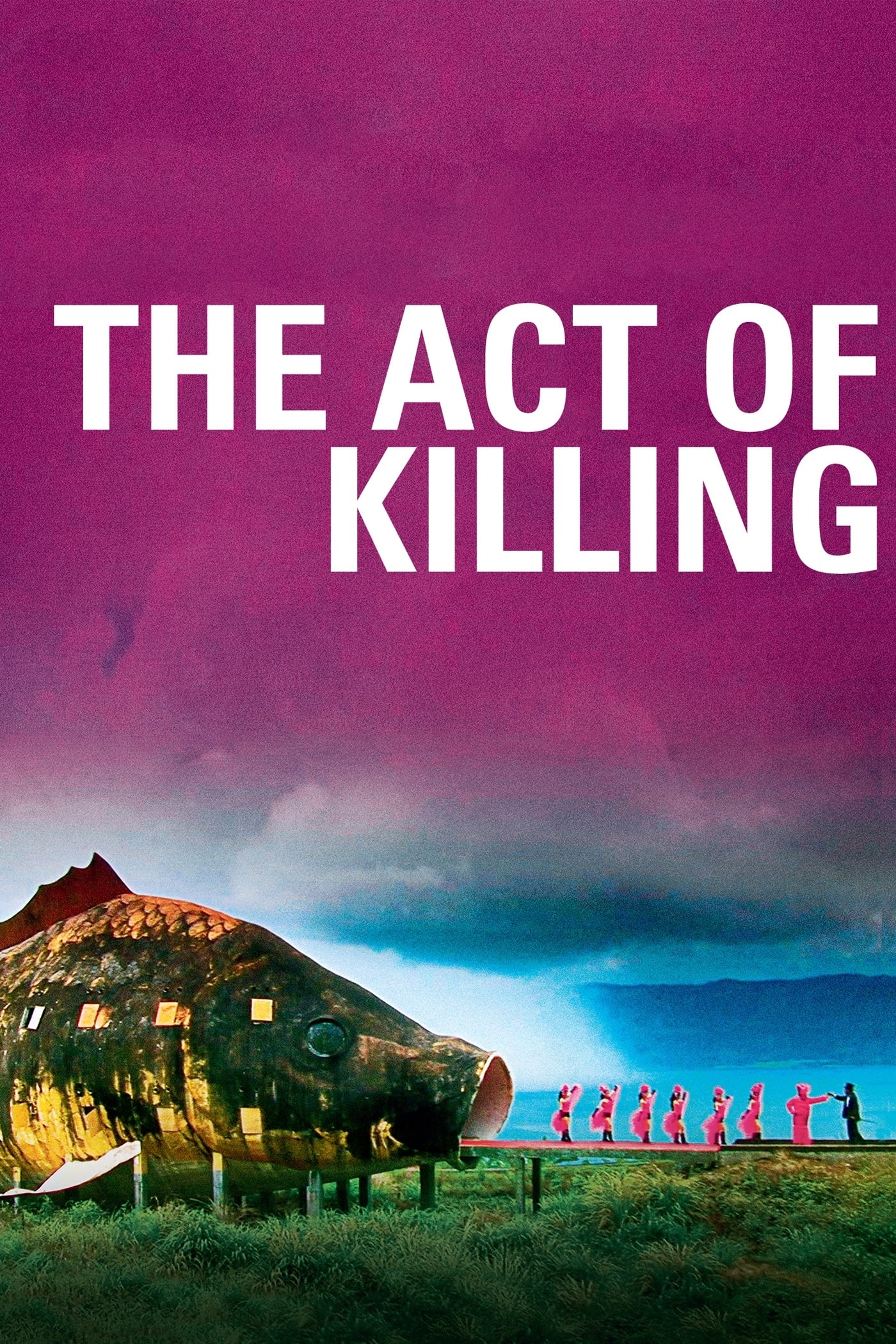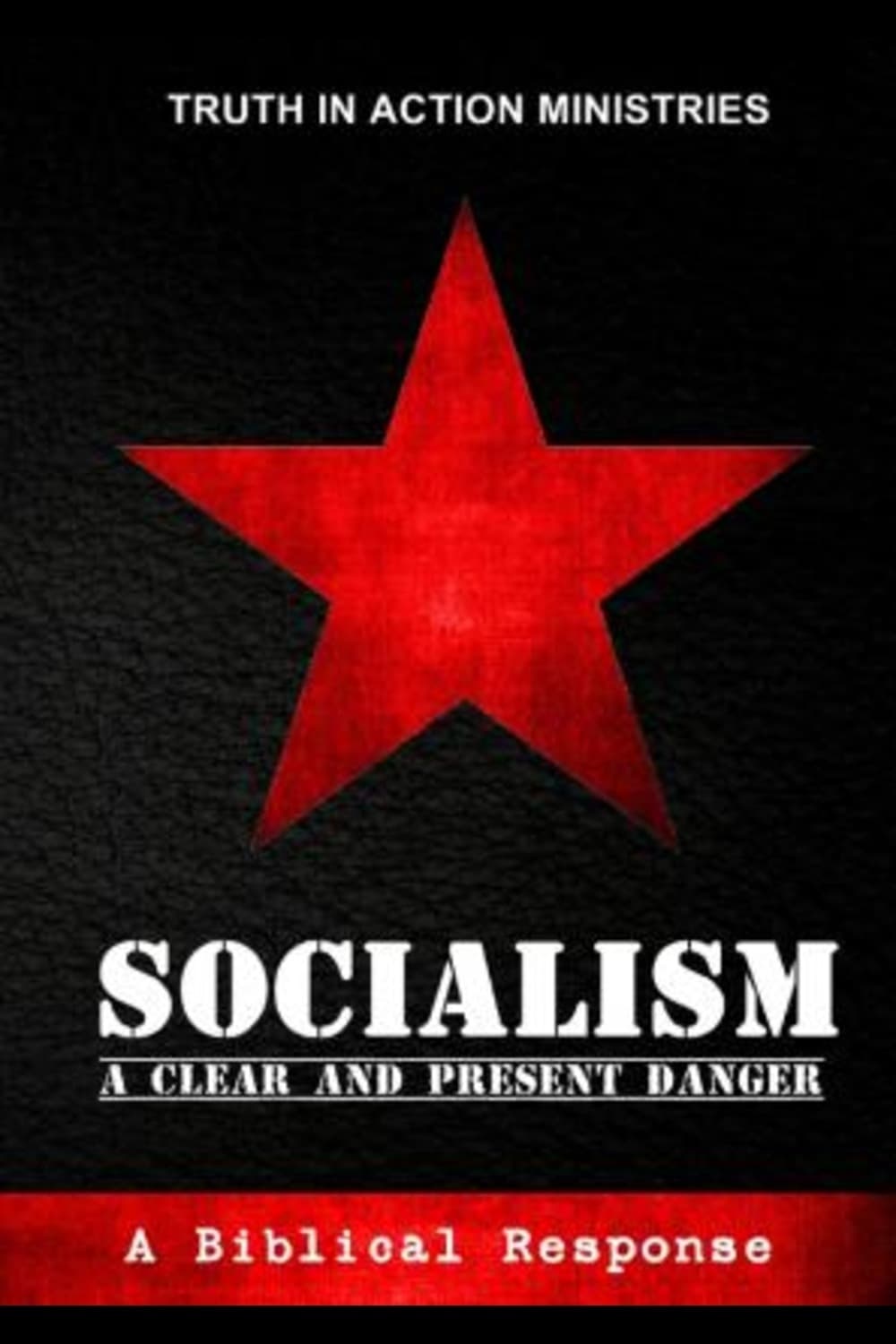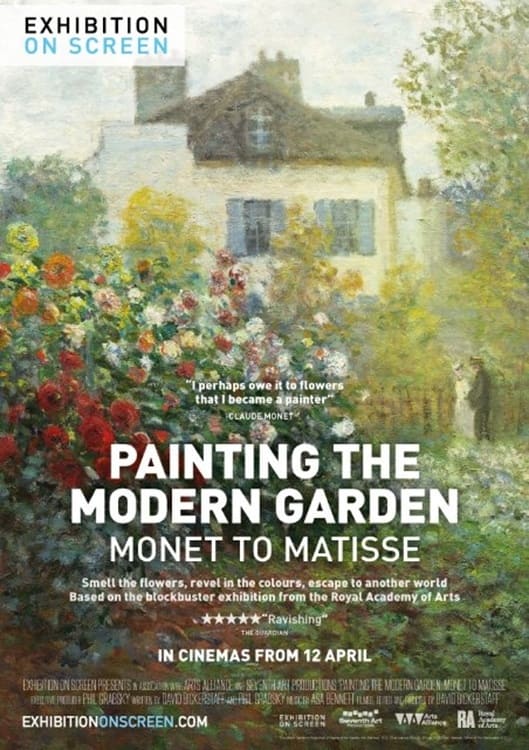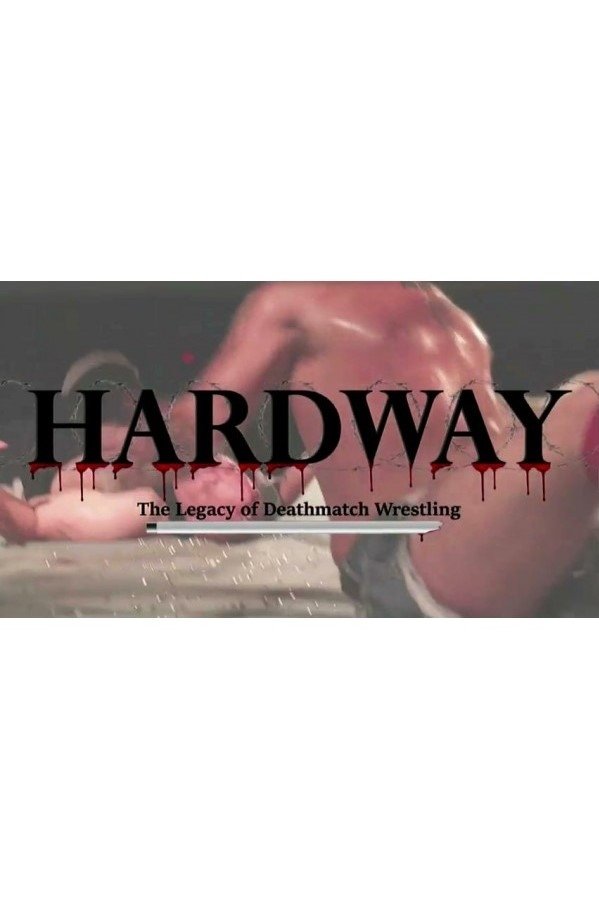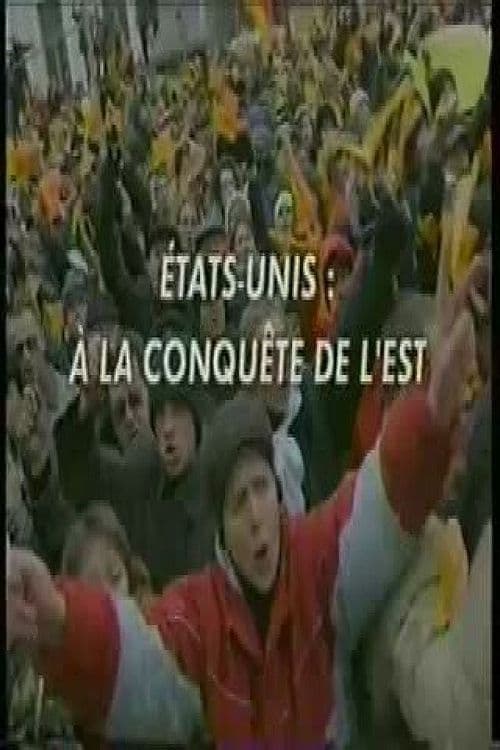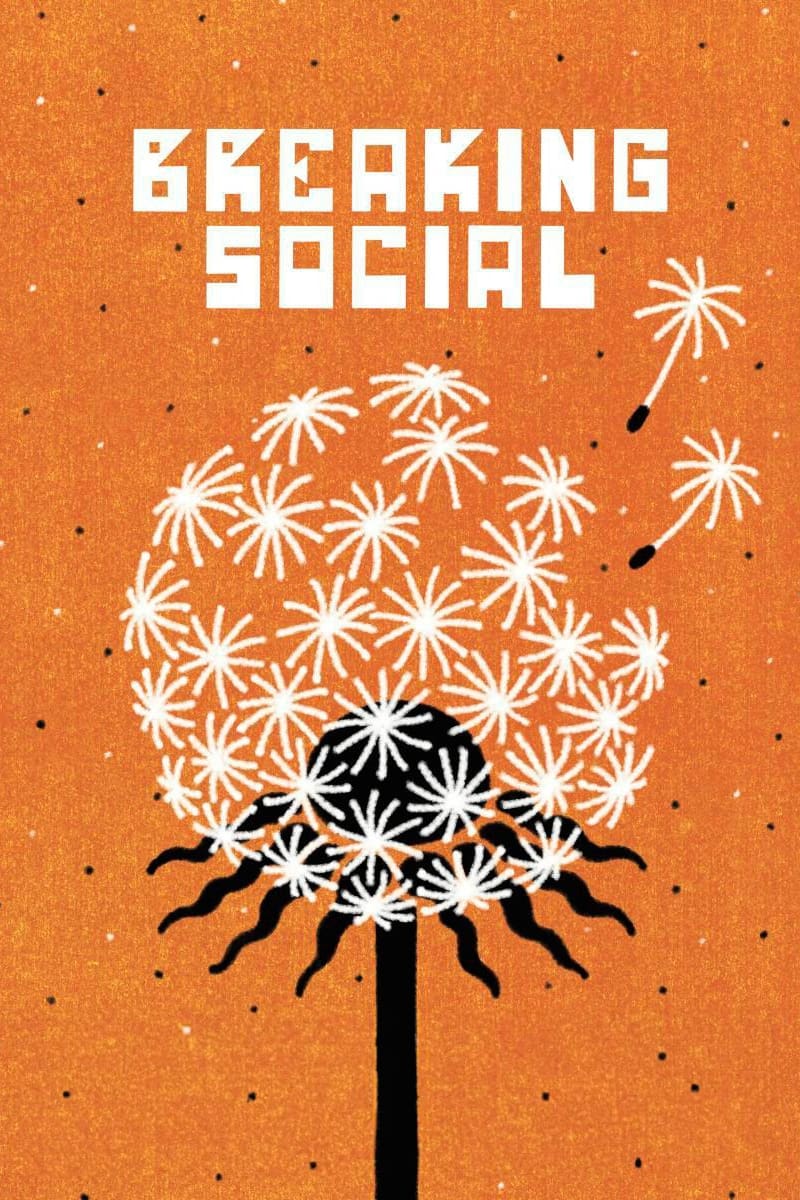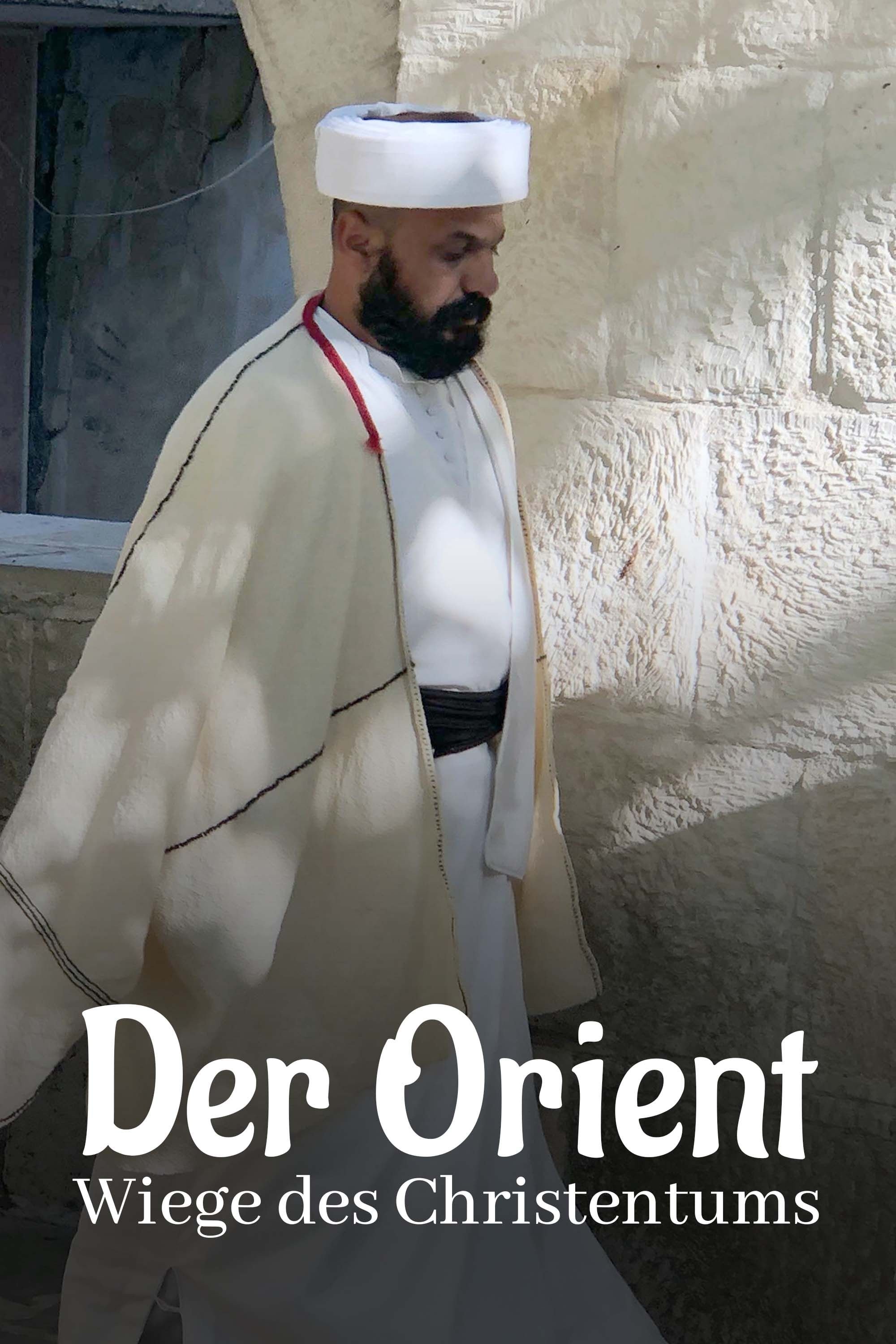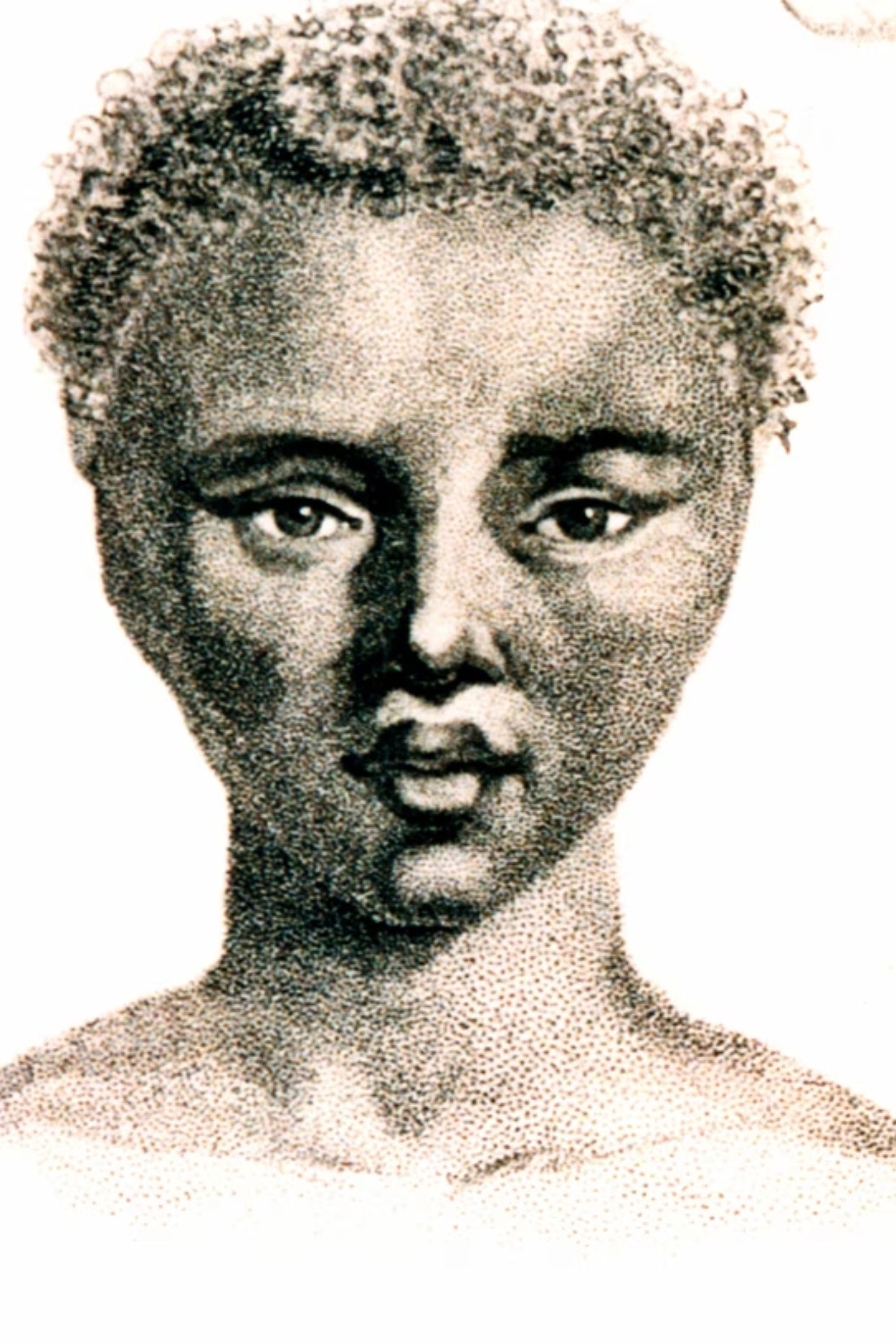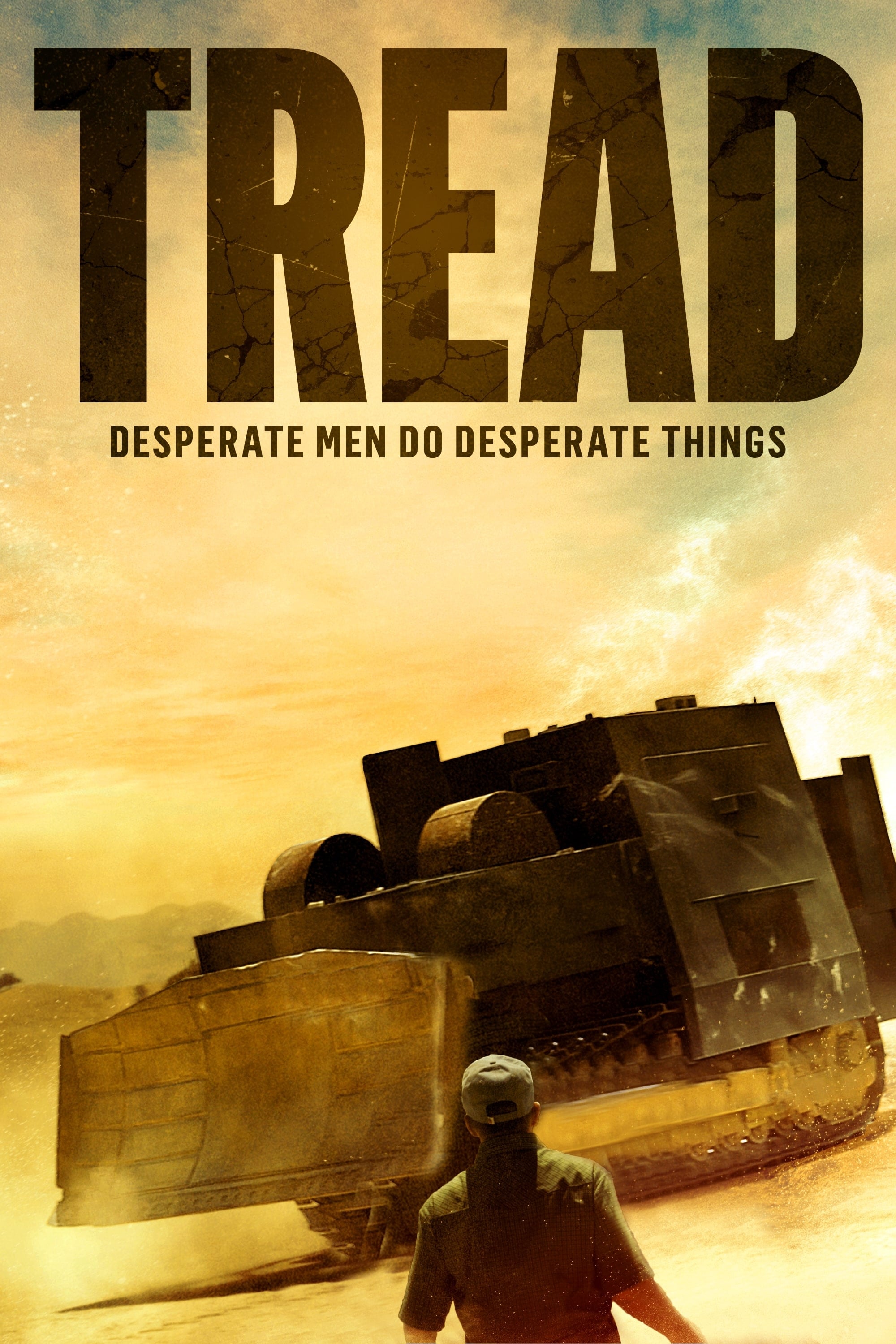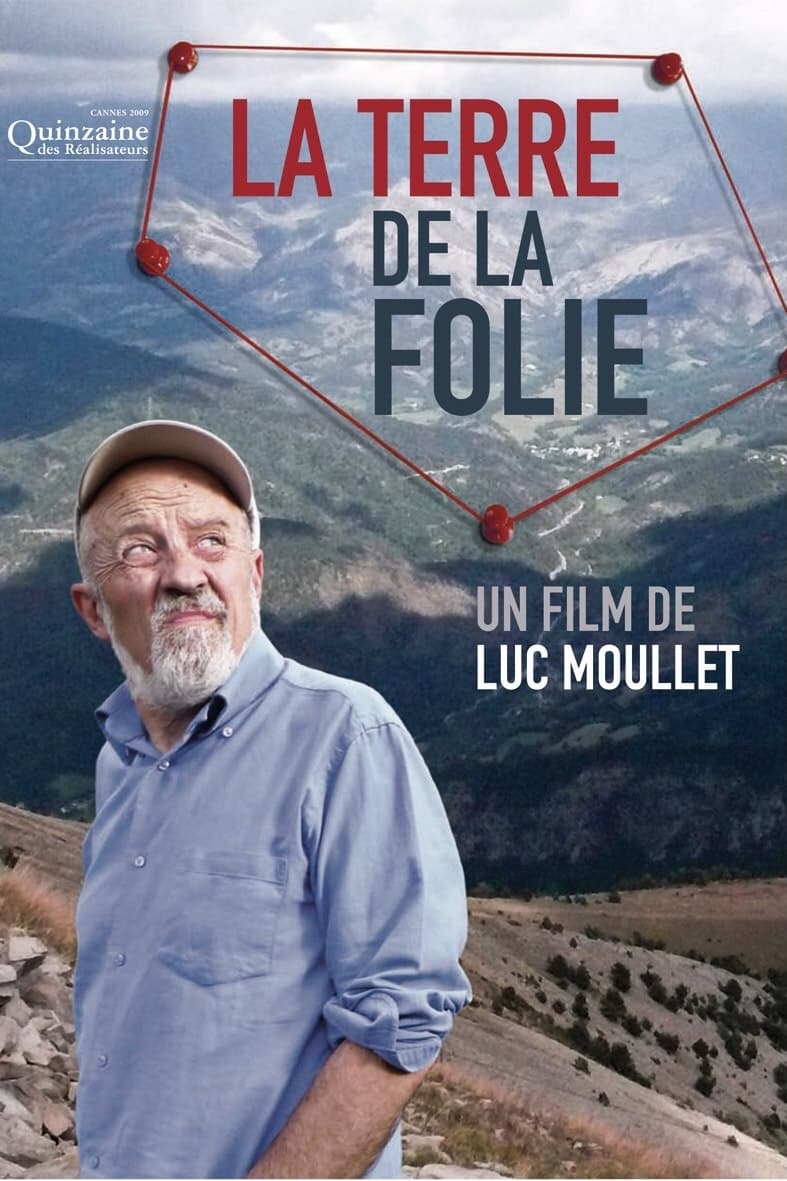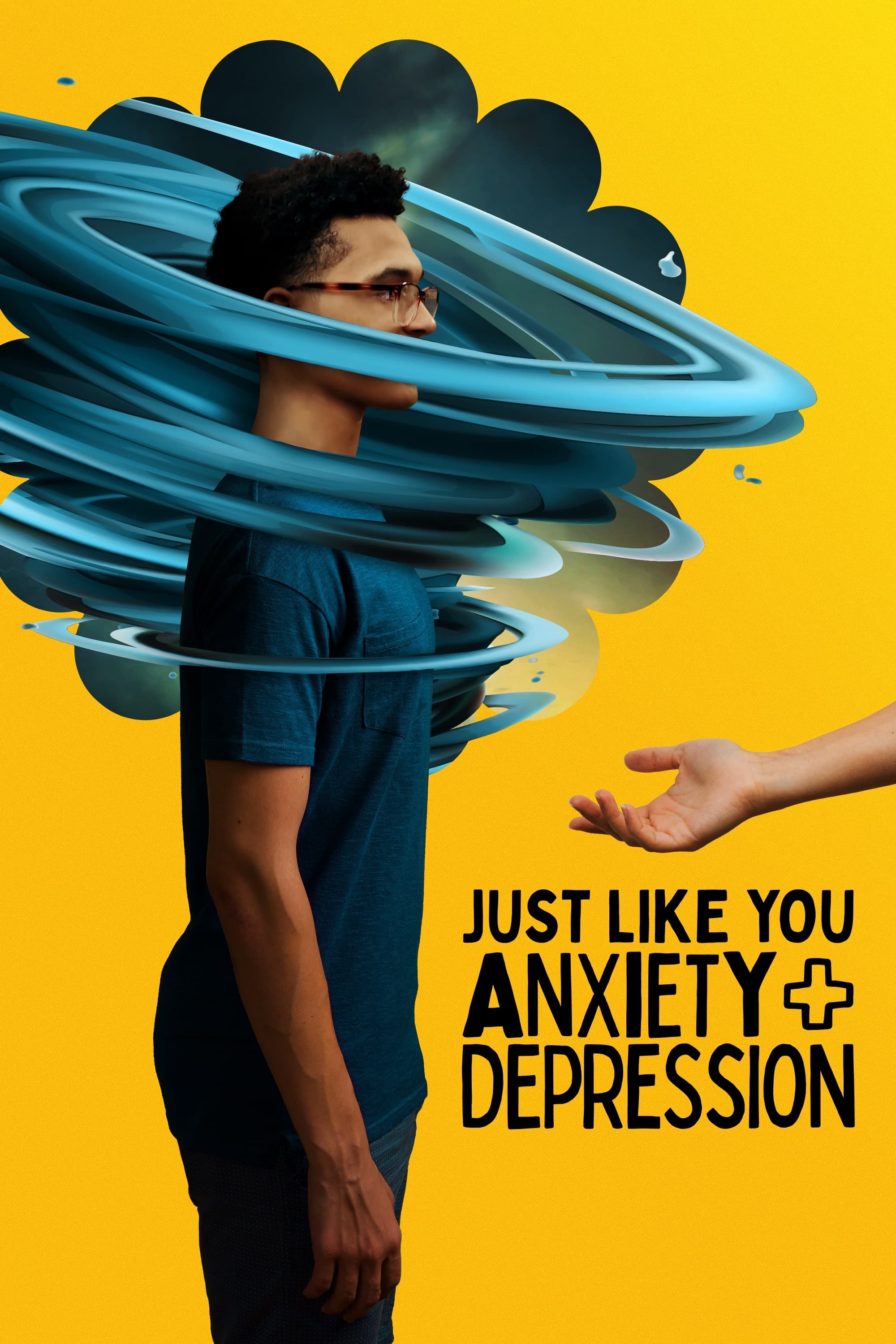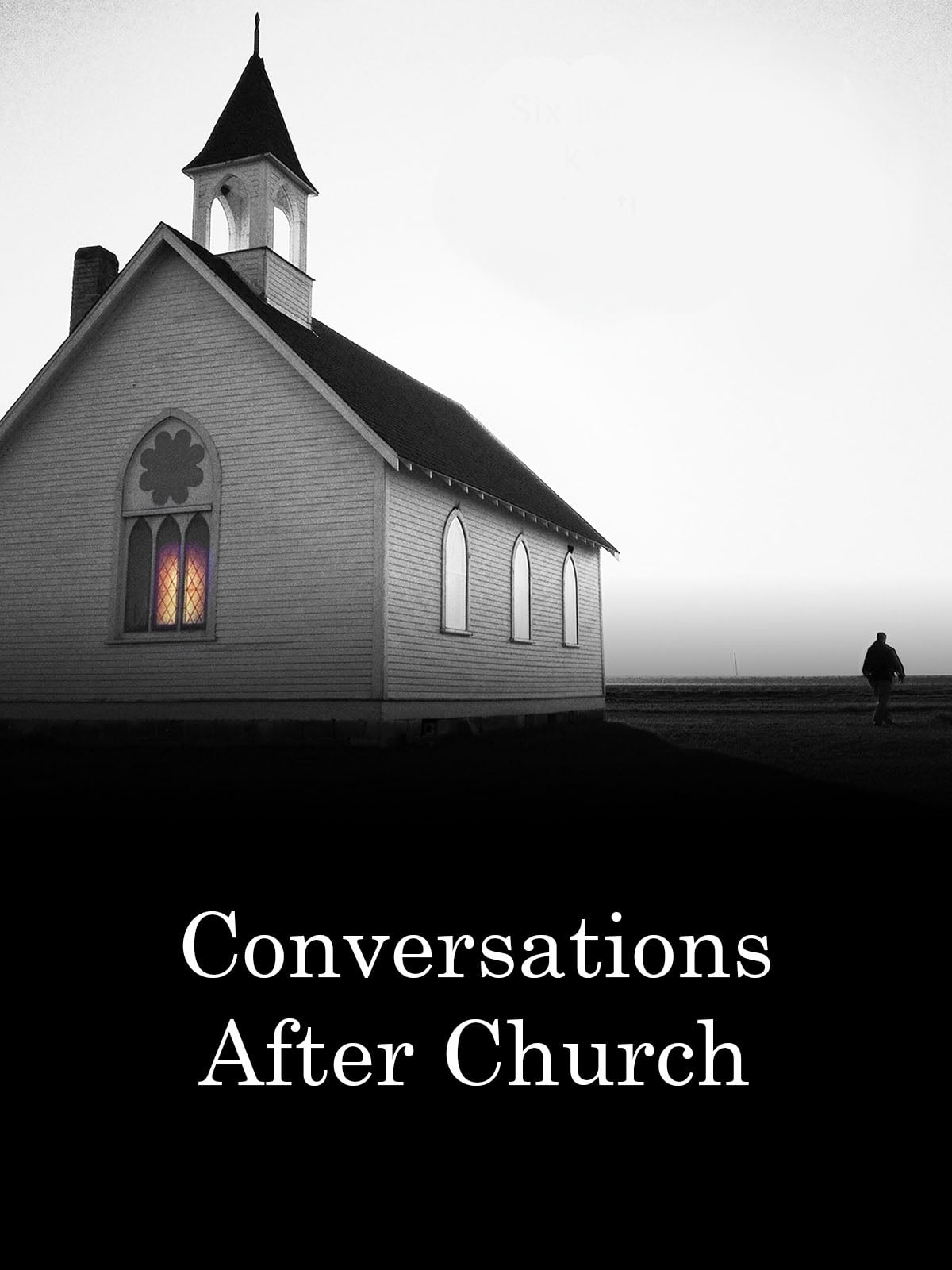
Conversations after Church (2015)
Overview
Six Christians face a dark night of the soul that leads them to question everything they believe.
Production Companies
Additional Info
| Budget | $0.00 |
|---|---|
| Revenue | $0.00 |
| Original Language | en |
| Popularity | 0.6987 |
Directed By
Bevan Klassen
TOP CAST
Bevan Klassen
Himself
Similar Movies
Tides of Tradition: The Life of Colonel Kong
Robert Kongaika runs from his family to join the military and becomes the first Tongan US Air Force Colonel. This is the true story of the island traditions, faith, and family that made him into the father he is today.
Choosing Children
CHOOSING CHILDREN is a pioneering film about parenting in non-traditional families and helped to open dialogue about the meaning and reality of the "modern family." This film takes an intimate look at the issues faced by lesbians and gay men who decide to become parents after coming out.
The Moscow Pilgrims
"The Moscow Pilgrims" is a film that takes you on a tour of Russia’s ancient capital. The film’s main characters – father and son – are doing the most intersting sights of old Moscow, including the Simonov Monastery, the New Spassky Cloister and the Krutitsky Church located on a picturesque bank of the Moskva River. The celibate priest Ilia, the dean of the church of the Holy Mother of God father Vladimir and other priests will help the pilgrims and visitors to see the world of Moscow’s ancient holy sites: the burial-vault of the noble Romanov family, the Cathedral of the Transfiguration of God recently cleared from security services, and the graves of the Kulikovo battle heroes, the monks Oslyabi and Peresvet.
Madeleine McCann: The Unseen Evidence
Documentary following an investigation by The Sun into Madeleine McCann's disappearance, which uncovers further evidence that could point towards the prime suspect's involvement in this unsolved crime
Marias: Faith in Womanhood
Marias is a film about the feminine. Visiting the celebrations of the Virgin Mary's (Marias) from Brasil, Cuba, México, Peru and Nicarágua, the director Joana Mariani observes the similarities and disparities among their cultures, and listen to women who have their very particular stories about life, faith and devotion. The result is a very singular film that shows that the image of the Virgin Mary (Maria) is a lot more than a religious figure or the mother of Christ.
Pictures of the Old World
A raw and telling portrait of a people left behind by the modern world, inspired by the work of photographer Martin Martinček - whose pictures of the inhabitants of the Liptov region in central Slovakia, encompassed by the Tatra mountains, distilled entire lifetimes into luminous and intransient images. Dušan Hanák's continuation of these photographs takes the shape of a poetic visual essay, capturing more comprehensive vignettes of their isolated human experiences.
The Act of Killing
In this chilling and groundbreaking documentary, former Indonesian death squad leaders reenact their real-life mass killings in the style of various film genres, from gangster epics to musicals. As they recreate their past atrocities, the line between reality and performance blurs, exposing the lingering impact of Indonesia’s 1965-66 anti-communist purge and the unsettling psychology of its perpetrators.
Socialism: A Clear and Present Danger
Is socialism biblical? Is life better when Washington runs Wall Street and Main Street? This stunning new documentary from Coral Ridge Ministries offers answers at a time when socialism in on the march in America with business bailouts and government-run health care. Featuring fascinating first-hand accounts of life under socialism, footage from Cuba and Venezuela, and experts who once toed the socialist line, Socialism: A Clear and Present Danger gives you an illuminating look at the real-world results of Marx and his many followers – and why their failed idea violates God's Word. Featured experts include Chuck Colson, Steve Forbes, Michele Bachmann, Joseph Farah, Marvin Olasky, David Noebel, Wendy Wright, Jay Richards, Kay Arthur, Joshua Muravchik and David Horowitz. This broad-ranging DVD shows that socialism flunks both the test of scripture and history, It demonstrates that socialism, in any form, is a failed and dangerous idea.
Painting the Modern Garden: Monet to Matisse
Claude Monet was an avid horticulturist and arguably the most important painter of gardens in the history of art, but he was not alone. Great artists like Van Gogh, Bonnard, Sorolla, Sargent, Pissarro and Matisse all saw the garden as a powerful subject for their art. These great artists, along with many other famous names, feature in an innovative and extensive exhibition from The Royal Academy of Arts, London.
Hardway: The Legacy of Deathmatch Wrestling
Hardway is an in depth dive into the North American Deathmatch Wrestling Scene. You will get to see a rare glimpse behind the curtain and into the lives of those who put their bodies on the line to entertain the fans. Viewers witness first hand the bloody aftermath of some of the bloodiest matches in Deathmatch wrestling's history. Hardway is a Documentary film that takes a raw unfiltered look into the world of North American Deathmatch wrestling. Includes rare never before scene interviews and footage.
USA: The Conquest of the East
The conspiracy film focuses on the youth movements that overthrew governments in countries such as Georgia, Ukraine, Serbia, Kyrgyzstan and other former socialist countries of Eastern Europe, and shows how, in places where political parties were discredited, student movements financed by U.S. organizations such as the NED, USAID, the National Endowment for Democracy, the International Republican Institute, the International Democratic Institute, Freedom House, and others received the support that helped overthrow their governments, have received the aid that has allowed them to overthrow their governments.
Breaking Social
The social contract: the rules we follow - and some don’t. Breaking Social uncovers the pattern of corruption and kleptocracy erasing the social tissue, followed by social uprisings. In Chile a new turn is taken, with young women in the lead.
The Life and Times of Sara Baartman
In 1810, 20 year old Sara Baartman got on a boat from Cape Town to London, unaware that she would never see her home again, or that she would become the icon of racial inferiority and black female sexuality for the next 100 years. Four years later, she became the object of scientific research that formed the bedrock of European ideas about BFS. She died the next year, but even after her death, Sara remained an object of imperialist scientific investigation. In the name of Science, her sexual organs and brain were preserved and displayed in the Musee de l'Homme in Paris until as recently as 1985. Using historical drawings, cartoons, legal documents, and interviews with noted cultural historians and anthropologists, this documentary deconstructs the social, political, scientific, and philosophical assumptions that transformed one young woman into a representation of savage sexuality and racial inferiority.
Out in the Middle of Nowhere
A short 1994 documentary that highlights the lives and experiences of a few LGBTQ+ residents of the Palouse. Filmed and narrated by Jeff Olson. Produced by the Latah/Nez Perce Voices for Human Rights. The film was digitized and provided by the Boise State University Special Collections and Archives.
Cologne Cathedral: The French Cathedral on the Rhine
An exploration of Cologne Cathedral, an emblematic monument and world heritage site. The towering place of worship took over 600 years to complete. Once the tallest building in the world, its ornate facade remains a masterpiece of Gothic architecture - and a reflection of the evolution of Franco-German relations.
Land of Madness
Moullet explores the causes and consequences of cases of mental disorders that were especially numerous in the Southern Alps.
Just Like You: Anxiety + Depression
10 brave kids, 2 Emmy award winning journalists, 1 clinical psychologist at Columbia University and 1 determined mother take on the fear and stigma plaguing the mental health community, leaving us enlightened, empowered and equipped to either live life or lift up life with these challenging and even life threatening conditions.
